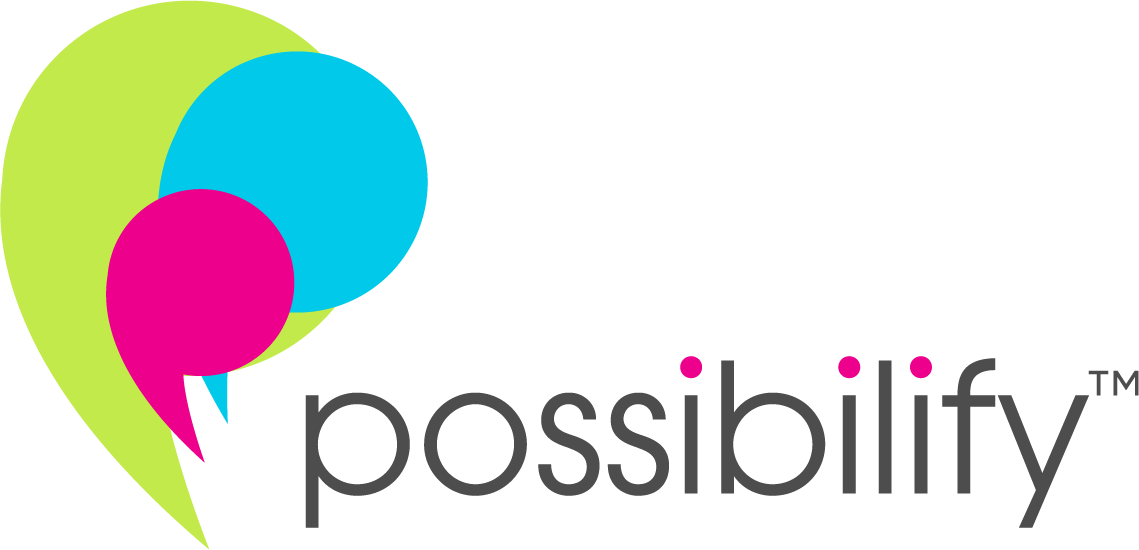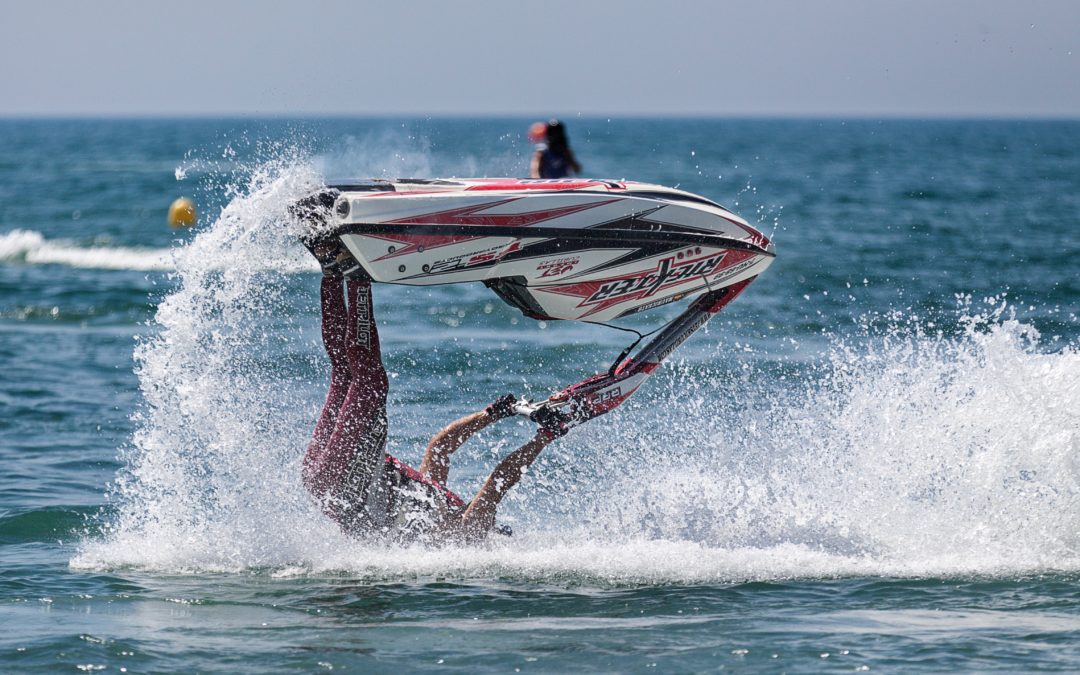- 3 Keys to Moving Beyond a Yucky Mistake - January 25, 2021
- Coaching Love for Sport Using a “Hero Not Zero” Approach - October 6, 2020
- What Would Your Report Card Say? - September 24, 2019
Let’s get straight to the punchline – here is the actual secret to greatness:
Repeated.
Incompetent.
Action.
Yes, repeated, incompetent action is necessary to achieve greatness. No one gets to jump over this uncomfortable, awkward, soggy puddle of muck that is beginnerhood. We all have to make our way through it, waist deep until we flounder around enough in the puddle to occasionally approach competence.
At times we may even momentarily escape the puddle and reach a moment of excellence! And eventually we might find ourselves mostly at the edge of the puddle, safe from the muckiness having paid our dues and earned some mastery.
My Lightbulb Moment
Let me tell you how I finally figured this out. (I mean really figured it out in a forehead smacking, compassion building moment of realization.)
I have been coaching volleyball for decades. Over the years, I have coached teams where many of the athletes have never played volleyball before. Watching them learn has taught me so much about the best mindset for a beginner.
Depending on the athlete, they bring different mindsets to their lack of experience. Many are too afraid to even come to the tryouts. They say things like “I suck at volleyball.” This is a “fixed” mindset, where people mistakenly believe that they are either born with an aptitude for something or without. A few athletes are so uncomfortable with feeling inept that they quit and stop coming to practices. Some athletes do well in practice but freeze and panic in matches.
Other athletes have a “growth” mindset and believe that they can get better with practice. These athletes are determined to improve and show tremendous grit. These athletes demonstrate resilience in recovering from errors and their resilience fuels tremendous improvements. The differences between a fixed and growth mindset are central to Dr. Carol Dweck’s book “Mindset: The new psychology of success”.
Much of volleyball involves split second moments of performance that are make or break moments; you could even call them “Hero or Zero” moments. Every missed serve is clearly the server’s error. Often mistakes are fairly obvious and to those who understand the game it is often evident which player is most responsible for the inevitable errors. As such, volleyball can be a high stakes sport, with high emotions and tremendous intensity.
Many volleyball seasons involve tears of some kind, either on the court, on the bench, in practice, in the locker room, in the car or at home. I used to face the same frustrations as a player – feeling like my coach didn’t see my full potential, feeling unfairly blamed for a mistake or loss, or even feeling disappointed in my poor play or the weak performance of my teammates. Now, as an experienced coach, I understand that the intensity of a volleyball season will invariably create high emotion and this intensity is part of the powerful opportunity for growth that sport creates.
Before any season begins, I now accept that there will probably be crying in volleyball.
Learning through Discomfort
In fact, the most important thing I can teach my athletes is that the game itself isn’t what truly matters, but rather the lessons embedded within the struggle.
The field of play is only as important as the life lessons learned on it and around it. My athletes have had a truly winning season if they have learned to persevere through frustration, to dedicate themselves to constant improvement, to cheer their teammates on from the bench, to stick together, to choose positive intensity over drama, to be brave under pressure and to celebrate together.
All of these lessons are within their reach, no matter their experience, physical gifts or skill level. Let’s encourage our athletes to embrace their mucky and uncomfortable learning process, to separate themselves from the outcome, and to realize that it will takes hundreds or even thousands of repetitions to achieve mastery of a new skill. It is in the moments of discomfort where the best learning happens.
Nobody gets to skip the discomfort of being an inept beginner by going directly to competence and mastery. In teenager speak this is called “You can’t become good without being willing to suck at first.”
I am also humbled every day as I’m reminded of the value of discomfort and being a beginner. I remember when I first started learning to be a teacher, I was uncomfortable for months on end! Learning to teach involves demonstrating incompetent action in front of students who may have likely spent years observing and working with other (more experienced and effective) teachers. They know whether or not you are doing a good job of teaching them. The feeling of public failure abounds for new teachers and I often felt a beginner’s discomfort.
So as I watch the athletes that I coach struggle with developing resilience and grit and separating themselves from the outcome, I remember how I too struggled with the same lessons in learning to teach. Planning my lessons was like running through a maze. At every turn I talked myself out of different ideas for lesson plans because my options in planning my lessons were limitless. I feared making choices that resulted in a mediocre lesson, not realizing that mediocrity is quite a spectacular achievement for a beginner.
So personally wading through that discomfort and applying the lessons of pushing through the muck as a beginner and taking incompetent action stares me in the face with every new endeavor. When coaching my athletes I often think to myself: “If only she could get out of her own head, get that foot off the brakes and just freaking GO FOR IT, she could become amazing!” And then I work on areas in my life where I am a beginner and go through the same struggles that my athletes have been facing.
I am a beginning blogger, a beginning painter, and a beginner organizer (our storage room has LOTS of room for improvement and even sometimes has mysterious muck, but that’s another post). I know now that the thing that most often stops me from improving at anything in my life is my resistance to being uncomfortable and feeling incompetent! So I do my best to remind myself that our only path to competence requires us to journey through our own incompetence!
Incompetent Beginners are Future Champions
Often we only see the magnificent and triumphant moments of greatness: the championship matches, the celebratory book signings, the graduations, the awards, the grand moments.
But even more important are those pivotal moments where we have pushed through the muck of incompetence, where we have been a brave beginner, where we have picked ourselves back up after stumbling. So often these moments are unseen, uncelebrated and unnoticed. But these are truly glorious moments, and they are the moments when champions are built.
So when you see someone stumbling through their incompetence, cheer them on and if you can, give them some encouragement as they struggle through their muck. You never know… they just might return the favour when they see you struggling through the muck as you begin to tackle your next big goal.
Post a comment below to share your story of being an incompetent beginner and the strategies you use to push through that awkward, uncomfortable muck of incompetent action.
If you like this article, check out:


It such a sage reminder that we have to get through the muck. It feels like at some point in our lives we decide we shouldn’t not be good at things anymore. We stop experimenting and extending ourselves like we did when we were young. I also recognize people don’t tend to have as much fun either, myself included. I truly believe there’s a correlation between the two. I look forward to more of your posts!
Ah, thank you for your comment, Lisa! I love your observation that “at some point in our lives we decide we shouldn’t not be good at things anymore.” Truly being a great example to others does require a growth mindset in thought and action.
Living a life committed to our comfort zones doesn’t sound fun at all! Thanks again and have fun in whichever muck you choose.